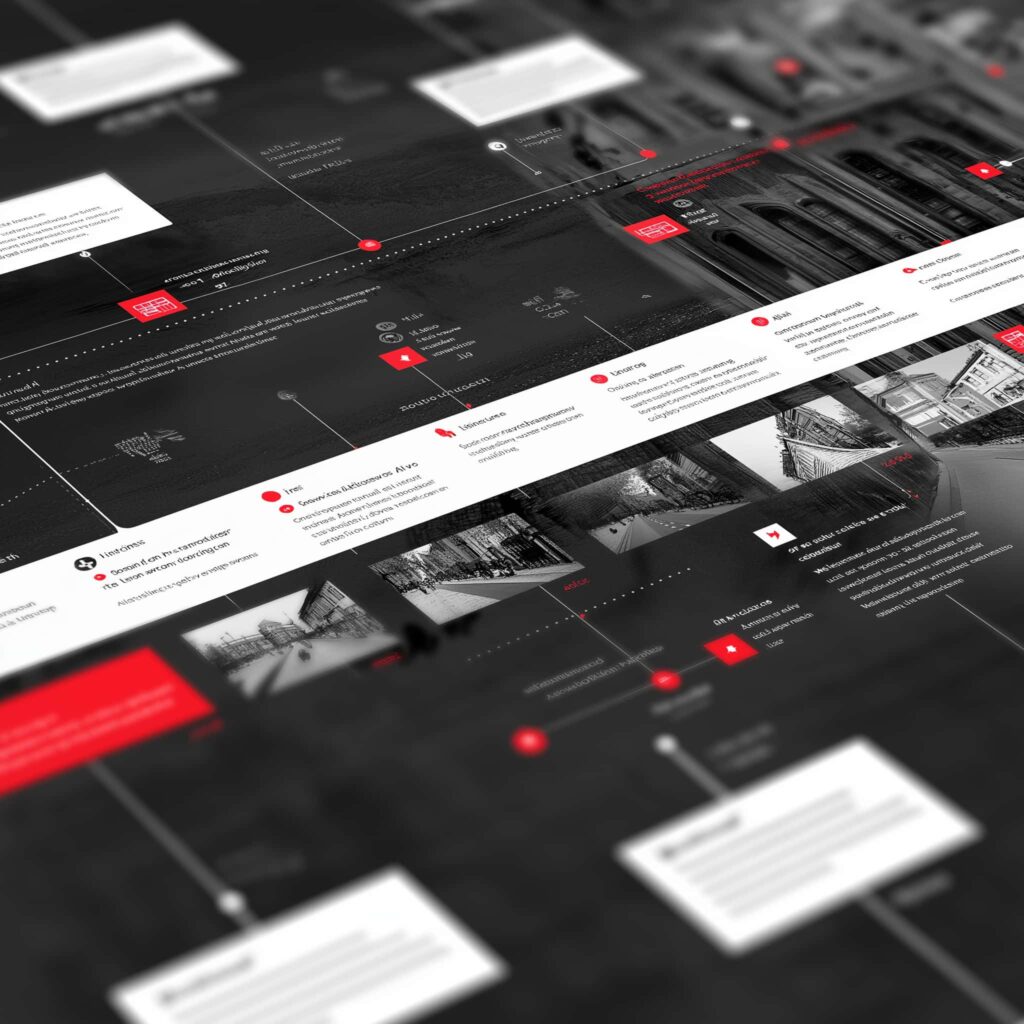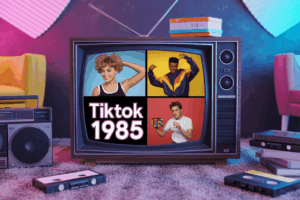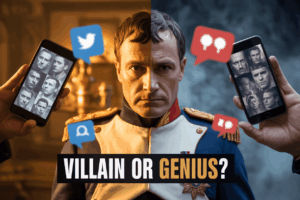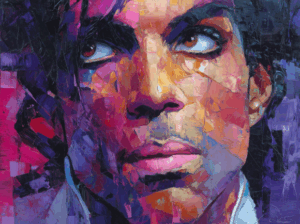Ever tried to explain the Cold War using only emojis? 🚀☎️🇺🇸😰🇷🇺? It’s… tricky. History isn’t just a list of dusty dates and dead people. It’s the ultimate spoiler for the present. It’s why your phone is in your pocket, why you get a weekend, and why you side-eye certain world leaders.
Understanding key historical events is like having the cheat codes to modern life. So, we’ve curated 15 world-changing moments that shaped everything from your paycheck to your playlist. Let’s dive in. No boring textbooks, we promise.
1. The Invention of the Printing Press (c. 1440)
What Happened: Johannes Gutenberg, a German blacksmith, got fed up with copying books by hand and invented a machine that used movable type. The first book he mass-produced? The Gutenberg Bible.
What It Meant: Information went from a luxury for the elite to a commodity for the masses. It supercharged the Renaissance, the Reformation, and scientific discovery. Basically, it was the 15th-century version of the internet. Without it, we’d have no blogs, no newspapers, and definitely no memes.
2. The Fall of Constantinople (1453)
What Happened: After a epic 53-day siege, the mighty walls of Constantinople (the capital of the Byzantine Empire) were finally breached by the Ottoman Turks.
What It Meant: This event slammed the door shut on medieval trade routes to Asia, forcing European powers to find a new way. This kicked off the Age of Exploration. So, you can blame/thank this for Columbus getting lost and eventually for that amazing Thai food place down the street.
3. The American Revolution (1775-1783)
What Happened: A group of colonies decided they were tired of British taxes (not that kind of tea tax) and declared independence, winning a war against a global superpower.
What It Meant: It introduced the world to a radical new idea: a democratic republic governed by “We the People.” It inspired revolutions across the globe and established a model of government that, for better or worse, still dominates world politics today.
4. The Industrial Revolution (1760-1840)
What Happened: We figured out how to harness steam power, leading to factories, trains, and a massive shift from rural farm life to urban city life.
What It Meant: This is why you don’t farm for a living. It created the modern concept of the 9-to-5 job, the middle class, and economic growth on a scale never before seen. It also kickstarted climate change, so… a real mixed bag.
5. The Publication of Darwin’s “On the Origin of Species” (1859)
What Happened: Charles Darwin dropped the mic with his theory of evolution by natural selection.
What It Meant: It fundamentally changed our understanding of biology and our place in the universe. It was the ultimate plot twist: humans weren’t the special, separate creation of a week’s work, but part of a vast, interconnected tree of life. Cue 150+ years of scientific and philosophical debate.
6. World War I (1914-1918)
What Happened: A complex web of alliances turned the assassination of an archduke into a brutal, global trench war.
What It Meant: It shattered empires (Ottoman, Austro-Hungarian), redrew the map of the world, and introduced humanity to industrialized slaughter. The harsh peace treaty that ended it (The Treaty of Versailles) is often cited as a direct cause of World War II. It was the “hold my beer” of world conflicts.
7. The Discovery of Penicillin (1928)
What Happened: Alexander Fleming noticed mold (penicillium) had killed bacteria in a petri dish he’d left out. He didn’t just clean his lab; he investigated.
What It Meant: The dawn of antibiotics. It transformed medicine, saving millions of lives from infections that were once a death sentence. That papercut you didn’t worry about? Thank Sir Alexander.
8. The Great Depression (1929-late 1930s)
What Happened: The U.S. stock market crashed, leading to a decade of global economic despair, massive unemployment, and soup kitchens.
What It Meant: It proved that unfettered markets could fail catastrophically. It led to the New Deal, the modern social safety net, and a new role for government in the economy. Many of the financial regulations born from this era are still with us.
9. World War II (1939-1945)
What Happened: The deadliest conflict in human history, featuring genocide, atomic weapons, and a fight between fascism and democracy.
What It Meant: It led to the creation of the United Nations, the Universal Declaration of Human Rights, the Cold War, and the U.S. and USSR becoming superpowers. The post-war order it established is the one we are still living in (and arguing about) today.
10. The Decolonization of Africa and Asia (mid-20th Century)
What Happened: After WWII, European empires could no longer maintain their colonies. Nations across Africa and Asia fought for and won their independence.
What It Meant: It reshaped the global political landscape, creating dozens of new nations and shifting global power dynamics. It’s the essential backdrop for understanding modern international relations and global economics.
11. The Invention of the Microchip (1958)
What Happened: Jack Kilby and Robert Noyce independently figured out how to put all the components of an electronic circuit onto a single piece of semiconductor material.
What It Meant: This is the brain inside your phone, laptop, car, and smart fridge. It made computers smaller, cheaper, and more powerful, launching the digital revolution. You’re reading this because of it.
12. The Cuban Missile Crisis (1962)
What Happened: The U.S. and USSR spent 13 days on the brink of nuclear war after Soviet missiles were placed in Cuba.
What It Meant: It was the closest the Cold War came to turning hot. It led to the installation of a direct hotline between Washington and Moscow and showed the world the terrifying reality of Mutually Assured Destruction (MAD). A stark reminder that sometimes cool heads do prevail.
13. The Apollo 11 Moon Landing (1969)
What Happened: “One small step for man…” You know the one.
What It Meant: Humanity became a multi-world species. It was the ultimate achievement of human curiosity, ingenuity, and courage during the Cold War space race. It gave us iconic photos of Earth and proved that when we aim high, we can achieve the seemingly impossible.
14. The Rise of the World Wide Web (1989)
What Happened: Tim Berners-Lee, a physicist at CERN, wrote a proposal for an information management system. He called it the World Wide Web.
What It Meant: It connected the world in an way previously confined to science fiction. It revolutionized communication, commerce, education, and entertainment. It gave us cat videos, social media, and the ability to read about history on a device in our hands. Meta.
15. The Fall of the Berlin Wall (1989)
What Happened: After decades of separation, public pressure and political change led to the opening of the border between East and West Berlin. Citizens from both sides literally started chipping away at the wall with hammers.
What It Meant: It was the symbolic end of the Cold War and the Iron Curtain. It represented the triumph of freedom over oppression and led to the reunification of Germany. A powerful lesson that no wall, physical or ideological, is permanent.

History Isn’t Just in the Past. It’s Your Story.
These events aren’t isolated incidents. They’re a chain reaction that led directly to you, reading this article on a digital device. The price of bread, the borders on a map, the technology you use—it all has a history.
But this is just the tip of the iceberg. What was happening the year your parents were born? Or 100 years before that?
Your curiosity is the time machine.
👉 Ready to explore? Head over to Time Genius. Input any year and our AI will instantly generate a captivating, summarized news report of the major global events from that time. Discover what a dollar was worth, what people were singing, and how the world’s events connect to today.
Go on, pick a year. We promise it’s more fun than your history textbook ever was.


